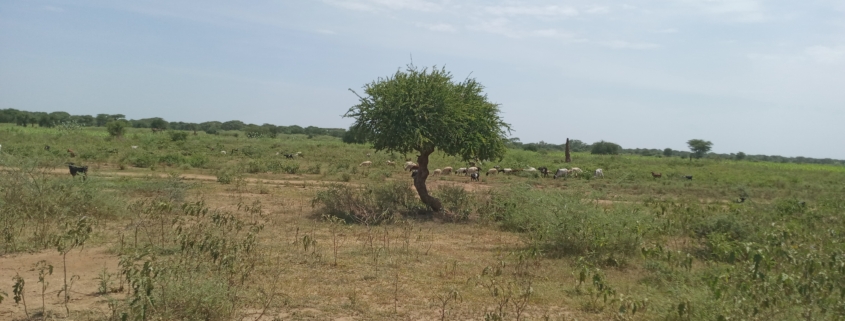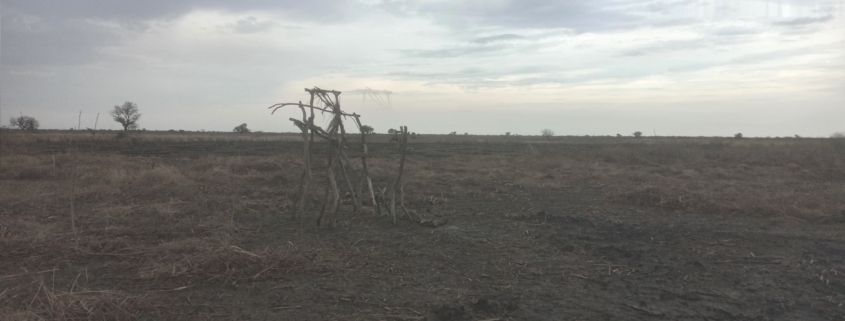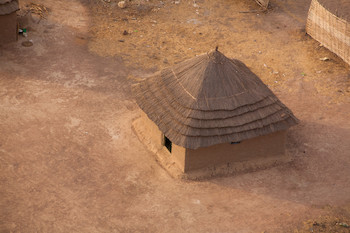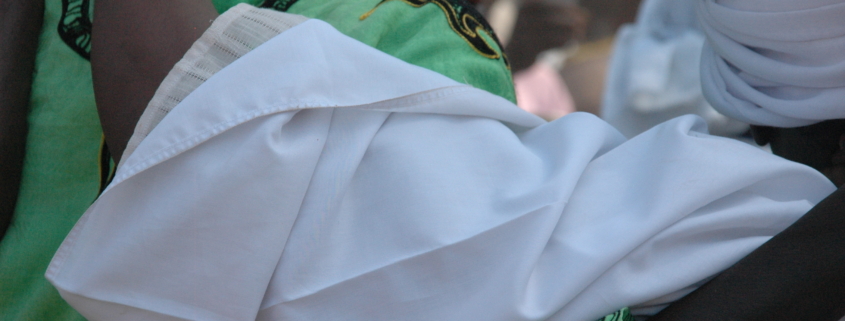Kapoeta, a semi-arid area,[1] has been experiencing severe drought conditions since 2021 caused by climate change.[2] The changing conditions have reportedly resulted in the spread of invasive weed species in the last two to three years. These include Beku (local name) with the scientific name Prosopis Juliflora and Abonglogir (local name) with the scientific name Parthenium. Invading farms, grazing land and roadsides, these weeds have a devastating impact on livelihoods, such as farming…
About Ranga Gworo
This author has yet to write their bio.
Entries by Ranga Gworo
The alleged misuse of spiritual and supernatural powers in South Sudan can lead to youth violence against the accused individuals and their families, as well as their displacement, with related implications for their protection and return to their homes. In this blog, Ranga Gworo explores why this is happening and provides some conflict sensitivity considerations for aid agencies working on protection and return. In September 2021, a young man belonging to a Monyomiji[1] – a…
Wetlands are under threat globally, declining at a rate three times higher than natural forests. This isreason for concern because healthy wetlands offer a variety of essential services to humans and arecritical ecosystems in the fight against climate change.1 Yet, the governance of wetlands often fallsthrough the cracks of water governance approaches and institutions in charge of managing rivers,lakes or aquifers.2 Emblematic of this is the Sudd Wetlands [Sudd] in South Sudan. Little is knownabout…
This blog reflects on COVID-19 related risks that elderly people face in South Sudan and provides recommendations on how to protect them in more conflict sensitive ways. Unlike many Western countries, where some elderly people reside in care homes or on their own, in South Sudan older people usually live within their family households. As such they are looked after by their children, usually their sons and daughters-in-law, and sometimes daughters. Being with the family…
As South Sudan prepares its response to COVID-19, Ranga Gworo shares reflections on how COVID-19 prevention measures have interacted so far with deeply embedded cultural practices and the implications for conflict sensitivity, alongside some practical recommendations for how aid agencies could design cultural, and conflict, sensitive measures. Even before the Government of South Sudan confirmed its first case of COVID-19 on 5 April, it had already begun to implement measures to control transmission of the…
Some Infos
Lorem ipsum dolor sit amet, consectetuer adipiscing elit. Aenean commodo ligula eget dolor.
Pages
- About Our County Profiles
- Blog
- Case Studies Grid
- Central Equatoria
- Conflict Sensitivity Resource Facility South Sudan
- Contact Us
- Contribute a Repository Article
- County Profile HTML links
- County Profiles
- COVID-19 HUB
- Covid-19 information page
- CSRF About Us
- CSRF Helpdesk
- CSRF Helpdesk Form
- CSRF Login
- Dashboard
- Deliverables
- Demo
- Events
- Forgot password
- Guides, Tools and Checklists
- Helpdesk
- Home
- Latest
- Looker Studio
- Subscribe




